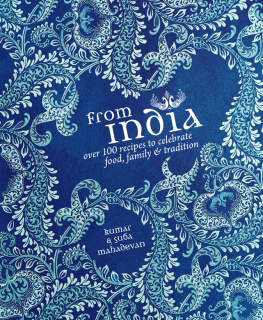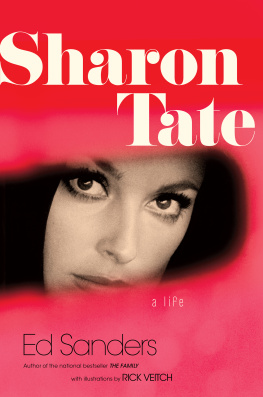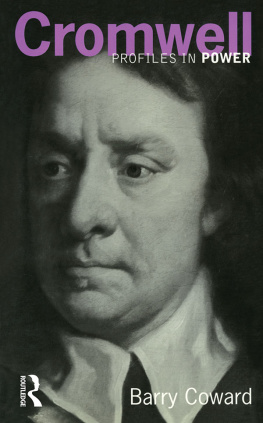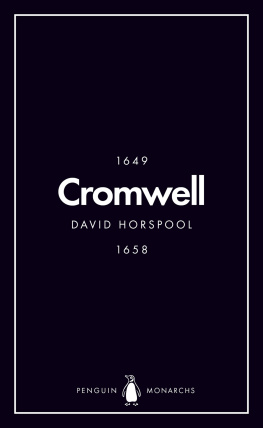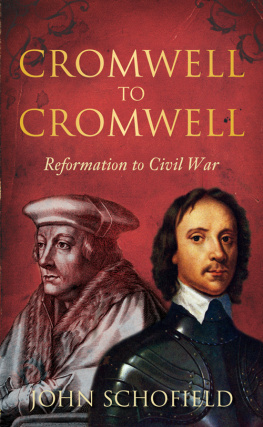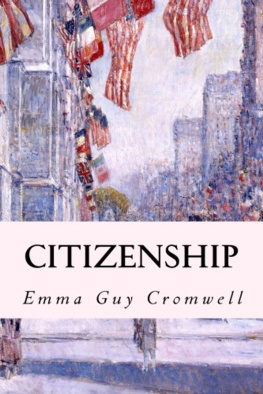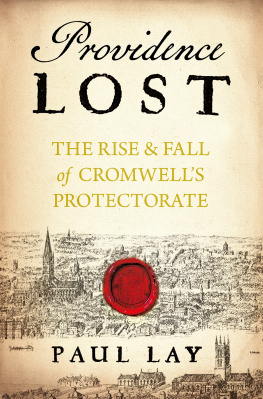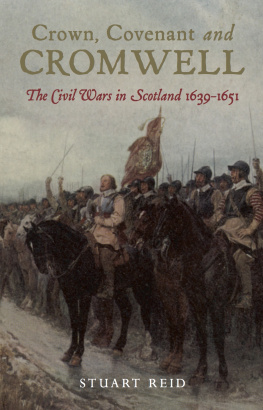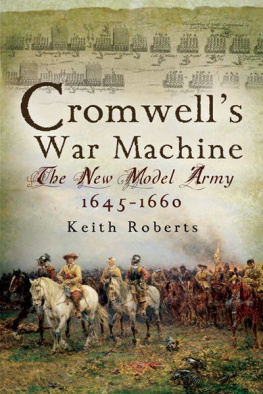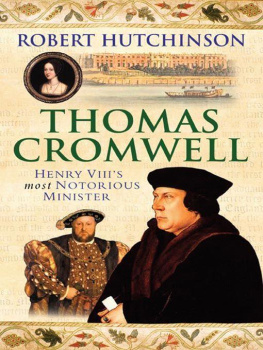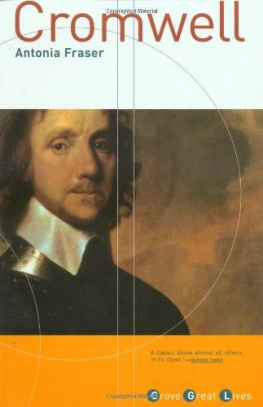Also by Antonia Fraser
MARY QUEEN OF SCOTS
CROMWELL
CROMWELL
The Lord Protector
Antonia Fraser

Copyright 1973 by Antonia Fraser
All rights reserved. No part of this book may be reproduced in any form or by any electronic or mechanical means, including information storage and retrieval systems, without permission in writing from the publisher, except by a reviewer, who may quote brief passages in a review. Any members of educational institutions wishing to photocopy part or all of the work for classroom use, or publishers who would like to obtain permission to include the work in an anthology, should send their inquiries to Grove/Atlantic, Inc., 841 Broadway, New York, NY 10003.
Originally published in Great Britain as Cromwell: Our Chief of Men by Weidenfeld and Nicolson, London.
The first American edition was printed in 1973 by Alfred A. Knopf, Inc., New York, and distributed by Random House, Inc., New York.
Printed in the United States of America
Library of Congress Cataloging-in-Publication Data
Fraser, Antonia, 1932
[Cromwell, the Lord Protector]
Cromwell / Antonia Fraser.
p. cm.
Originally published: Cromwell, the Lord Protector. New York : Knopf, 1973.
Includes bibliographical references and index.
eBook ISBN-13: 978-0-8021-9582-1
1. Cromwell, Oliver, 1599-1658. 2. Great BritainHistory-Commonwealth and Protectorate, 1649-1660. 3. Heads of stateGreat BritainBiography. I. Title.
DA426 .F7 2001
941.064092dc21 00-049068
[B]
Grove Press
841 Broadway
New York, NY 10003
To Hugh
who encouraged and accompanied me with love
Cromwell, our chief of men, who through a cloud
Not of war only, but detraction rude,
Guided by faith and matchless fortitude,
To peace and truth thy glorious way hast ploughed
John Milton
Contents
Authors Note
To write the biography of Oliver Cromwell is admittedly an ambitious undertaking. In view of the wonderful wealth of material on the subject in existence, to say nothing of the living giants of seventeenth-century research who stalk the land, I hope it may not also seem presumptuous. My aim has however been a different one from that of the scholars from whose works I have derived such benefit. I have wished more simply to rescue the personality of Oliver Cromwell from the obscurity into which it seemed to me that it had fallen, just because there has been such an invaluable concentration on, the political and social trends of the age in which he lived. It is at least possible to claim that Cromwell was the greatest Englishman. In the hopes of explaining to the general reader something of this remarkable man, I have set about my task - as one historian put it to me, half in jest - of humanizing Oliver Cromwell.
In this context my debt to previous workers in the field will be obvious to all students of the period. In the field of biography alone there are two excellent modern studies: Robert S. Pauls The Lord Protector: Religion and Politics in the Life of Oliver Cromwell (1955) and Christopher Hills Gods Englishman: Oliver Cromwell and the English Revolution (1970) whose sub-titles show their special fields. There is John Buchans highly readable biography first published nearly forty years ago and going still further back Sir Charles Firths unrivalled Oliver Cromwell and the Rule of the Puritans in England (1900). This is without delving further into the plethora of works pertinent to the subject, foremost among them W. C. Abbotts four-volume edition of Cromwells Writings and Speeches 1937-47, which replaced the equivalent work of Carlyle amended by Mrs Lomas, as the standard work of reference. In all of this, my criterion for the inclusion of material has been its relevance to the nature of the man himself, and its contribution to a rounded portrait of his character.
I have therefore taken the usual liberties in correcting spelling and paraphrasing documents, as and when it seemed necessary to me to make sense to the average reader today; I have, for example, altered the spelling of the word chief in the opening line of Miltons sonnet quoted previously, in accordance with modern usage. I have also ignored the fact that the calendar year was held to start on 25 March during this period, and have used the modern style of dates starting on 1 January throughout. In the case of material, I wish to thank particularly the Duke of Sutherland for permission to quote from the Bridgewater MSS; Lady Celia Milnes-Coates, Sir Berwick Lechmere Bt, Mr Raleigh Trevelyan and Lord Tollemache for permission to quote from their respective MSS; the Prime Minister, the Rt Hon. Edward Heath, and the Chairman of the Chequers Trust for permission to reproduce pictures and documents from Chequers; the Trustees and Curator, Mr Brian Wormald, of the Cromwell Museum, Huntingdon for permission to reproduce their pictures, relics and documents. I have been much helped not only by the works of others, as I hope will be made clear by the references, but also by the advice of certain experts in the field. I am most grateful to Dr Maurice Ashley, himself an authority on Cromwell and President of the Cromwell Association, for generous help at all stages and also for his valuable criticisms of my manuscript (although its warts are of course my own); to Mr H. G. Tibbutt for introducing me to Dr Williamss Library, many suggestions on reading matter, and lastly for reading the proofs; and to Brigadier Peter Young for kindly checking the maps.
To the following I am indebted in many different ways: Mr Nigel Abercrombie; Sir John Ainsworth Bt, National Library of Ireland; Mr Jonathan Aitken; Mr A. C. Aylward, Clerk of the Peace, Huntingdon & Peterborough, Professor Thomas Barnes and the Librarian, University of California at Berkeley; Mr Geoffrey Berners, Mr E. G. W. Bill, Lambeth Palace Library; Dr Karl Bottigheimer; Mr M. S. Bull of Putney; Miss Anne Caiger, Assistant Archivist of the Huntingdon Library, San Marino, California; Mr Robert Carvalho, Mr Edmund de Rothschild and the Jewish Library for assistance on the subject of the readmission of the Jews; Fr J. Clancy SJ; Mr J. W. Cockburn, Deputy City Librarian, Edinburgh; Mr E. J. Cowan of Edinburgh University; Lt-Col Leslie Cromwell; Dr Chalmers Davidson and Mr E. Gaskell, Librarian of the Wellcome Institute of the History of Medicine for consultation on the subject of Cromwells health and death; Mr R. N. Dore; Dr A. I. Doyle, University Library, Durham; the Marquess of Exeter; Fr Francis Edwards SJ for permission to use the Farm St MSS; Mr J. M. Farrar, Cambridgeshire County Record Office; Dr Roger Fiske; Earl Fitzwilliam; Mr Michael Foot MP; Mr R. M. Gard, Northumberland County Record Office; Professor Alexander Gieysztor of the Historical Institute, Warsaw for research into Cromwells alleged correspondence with Chmielnicki; Mr Peter Foster; Mrs I. M. Hare representing the Cromwell Bush family; Sir Nicholas and Lady Henderson, then of the British Embassy, Warsaw; Dr J. Hetherington of Birmingham; Mrs Margaret Hodson of Rugeley; Dr A. E. J. Hollaender, Guildhall Library; Mr J. P. C. Kent, Department of Coins & Medals, British Museum; Professor Frank Kermode; Hon. Mrs Edward Kidd of Holders, and the Bridgetown Museum, Barbados; Mr A. Lewis, Harris Museum, Preston; the Speaker of the House of Commons, the Rt Hon. Selwyn Lloyd and Miss H. M. Prophet of the Department of the Environment over the portrait of Mr Speaker Lenthall; Mr William Mclntyre, Clerk of the Council, Gainsborough; Mrs Alice Roosevelt Longworth; Dr A. L. Murray, Assistant Keeper of the Scottish Records Office; Dr G. F. Nuttall; Mr E. C. Newton of the East Sussex County Record Office for permission to read the Calendar of the Bright Papers and an unpublished paper on the Protectoral Trade Committee; Mrs Owen, University Library, Cambridge; my brother Mr Thomas Pakenham of Tullynally Castle for the use of the Pakenham MSS; Dr S. R. Parks, Curator, Osborn Collection, Yale University Library; the Rev. G. H. Parsons of Burford; Mr C. F. Penruddock, then Secretary of the Chequers Trust; my uncle Mr Anthony Powell for information concerning Cromwells Welsh pedigree; the Rev. R. L. Powell of All Saints, Huntingdon; the Rev. E. L. B. C. Rogers of St Giles, Cripplegate; Dr T. I. Rae, National Library of Scotland; Lord De Ramsey; Sir David Renton MP; Sir Ronald Roxburgh; Dr E. C. Smail; Sir Christopher and Lady Soames, then of the British Embassy, Paris; Mr John Seymour; Mr Patrick Shallard; Mr Quentin Skinner for kindly showing me in advance of publication his essay on Thomas Hobbes, in
Next page





